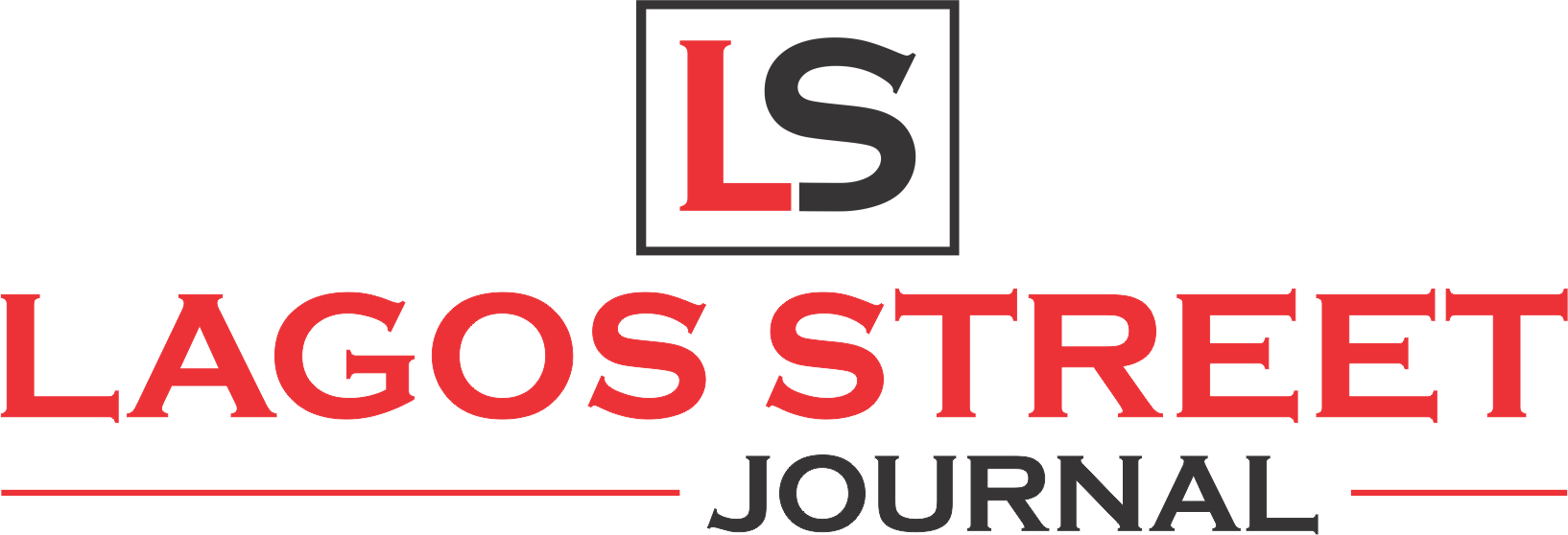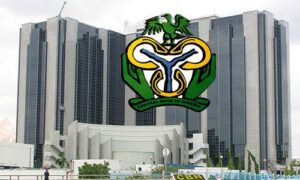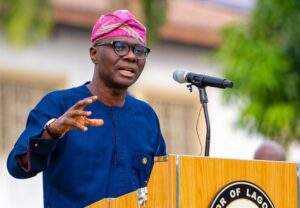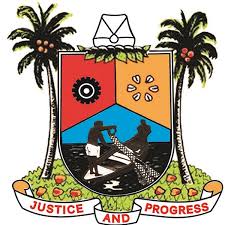Traffic congestion: Lagos govt to commence regulated parking system in 2026
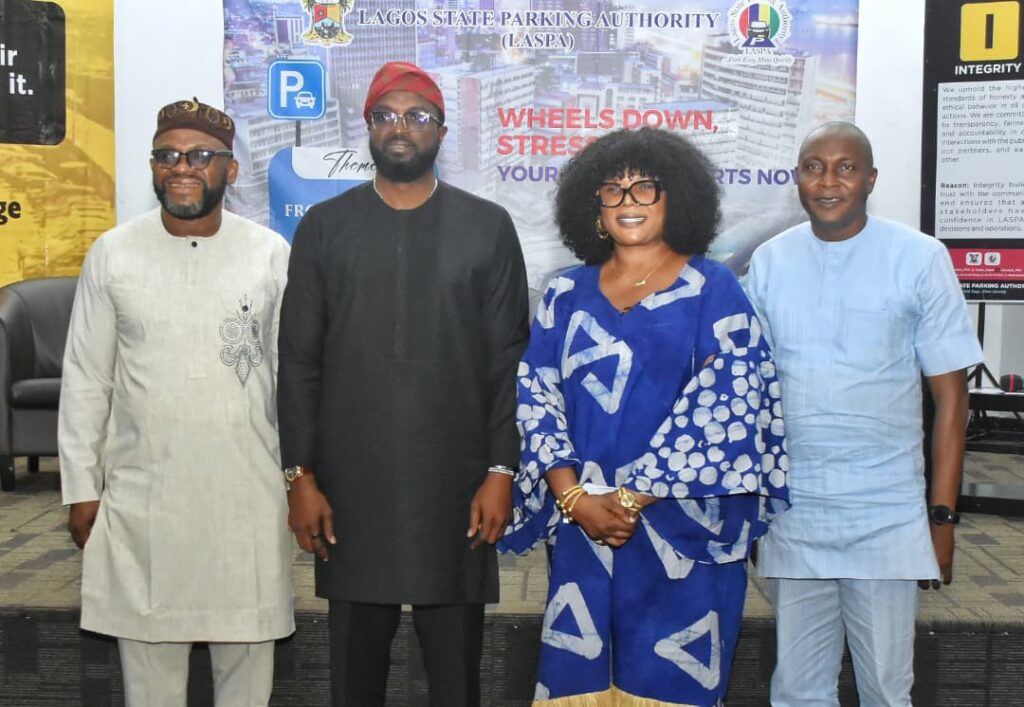
The Lagos State Government has declared that it would implement a controlled parking system throughout the state in 2026.
This is reported to be part of a plan to enhance traffic flow and restore order on important roadways.
The charges, which will be imposed by the Lagos State Parking Authority, seek to address the rising issue of indiscriminate parking, which frequently adds to traffic jams in congested locations.
Adebisi Adelabu, General Manager of LASPA, stated during the agency’s 2025 retreat on Friday that the move will implement organised and well-managed parking zones to promote discipline, accessibility, and safety for motorists and other road users.
Adelabu explained that the move would also enhance revenue generation, promote ease of movement, and complement other traffic management reforms already being executed by the Governor Babajide Sanwo-Olu-led administration.
“This is definitely going to be a game-changer. We want to start ensuring that people park responsibly, that they are organised when they do so, and that they think of parking before they leave their homes. They should think of their options, and on-street parking is definitely the quickest way to ensure that.
“So, coming up in about a month or two across Lagos, you will begin to see the rates you are supposed to pay in different areas of the city. Lagos is very intentional. We are not going to start across the state at once. We are starting from Ikoyi, parts of Ikeja, parts of Victoria Island, parts of Lekki—and you can already see the signage in those areas,” she said.
Adelabu said the initiative would be technology-driven, with digital systems designed to streamline payment, enforcement, and data management.
The LASPA GM said, “The future of parking is pay-by-plate. But we have to start from somewhere, because before we came, there was no real analytical data on parking. You can’t start from pay-by-plate without data.
“Pay-by-plate means that I get into a street or area, I see a sign that tells me how much I’m supposed to pay, and I make the payment without any physical enforcement. I pay because I know that if I don’t, I’ll just get an email or text message with a ticket.”
She explained that by the initiative, the government hopes to curb parking violations, improve mobility, and create a more sustainable urban environment for residents and businesses.
“To accompany that, you will start to see the parking rates you are supposed to pay. This means that if it’s a street where you are allowed to park, the signage will tell you how much to pay per hour, two hours, or three hours.
“But for us, I always stress that while revenue is assured, it is more about regulation and ensuring social change. In some areas, you will only be able to park for a maximum of three hours. After that, you have to move your car because we don’t want people turning the streets into their private car parks.
“Some people are more than happy to pay for a whole day, but we are saying you must move your car every three hours and take it somewhere else. This ensures that traffic flow is maintained, helps us gather data to keep our technology progressive, and allows us to regulate our streets properly.
“It’s coming on time, and Lagosians should prepare for that. We’ve been on advocacy for the last two years, talking about on-street parking, and I think it’s about time we begin to show that we mean business,” she said.
Also speaking, the Commissioner, Ministry of Transportation, Mr. Oluwaseun Osiyemi, said that if properly implemented, the initiative could unlock extraordinary productivity gains for individuals, businesses, and the entire Lagos ecosystem.
“Undoubtedly, parking issues in Lagos State exacerbate traffic challenges, often resulting in reduced mobility, increased emissions, and decreased accessibility. Roadside parking has largely remained unregulated, with various unknown entities influencing decisions.
“Also, inefficiency in modern parking infrastructure poses a considerable threat to parking management efforts, further complicating traffic management in the state.
“These are some of the parking pains we currently experience. Hence, effective parking management plays a bilateral role within the broader traffic management and transportation framework,” Osiyemi said.
